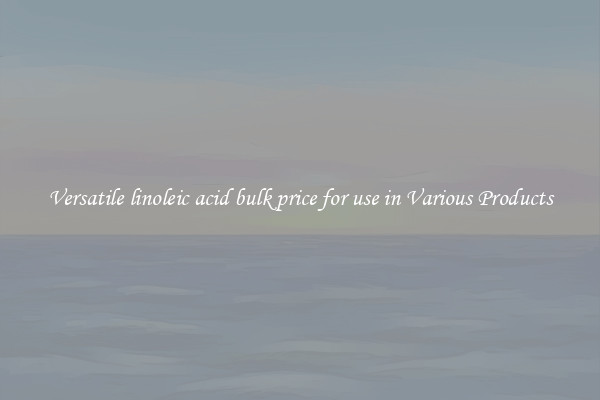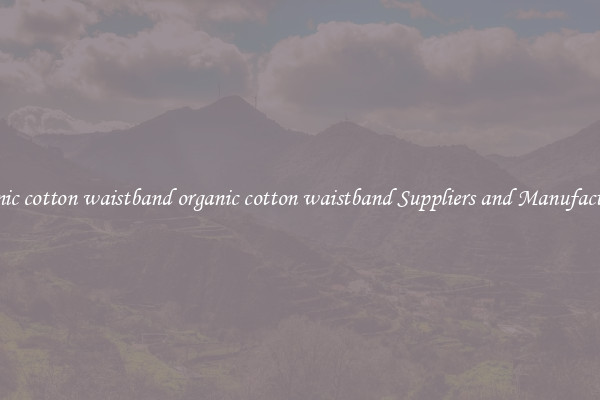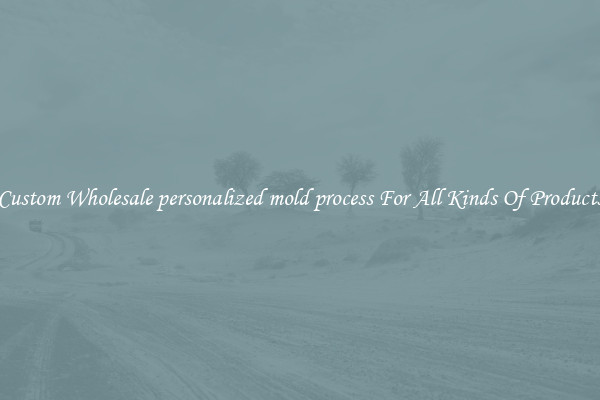Versatile n organic for use in Various Products
Versatile and Organic: The Key to Sustainable Products
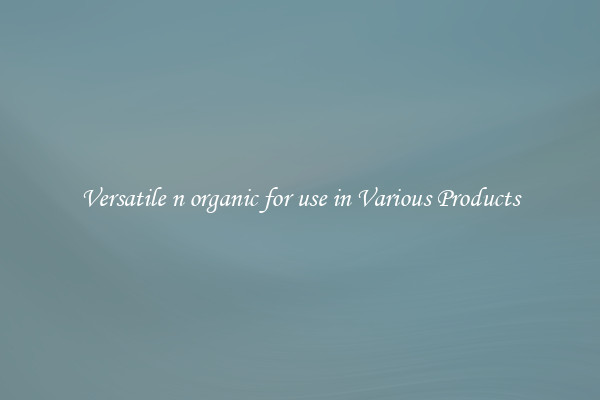
In recent years, the demand for sustainable and environmentally-friendly products has soared as consumers become increasingly aware of the impact their choices have on the planet. Companies are now under pressure to create innovative and sustainable solutions that meet these growing demands. Enter versatile and organic materials – the perfect combination for producing a wide range of sustainable products.
Versatile materials have the ability to serve multiple purposes and can be used in various products, reducing the need for multiple materials and processes. Organic materials, on the other hand, are derived from natural sources and are free from harmful chemicals and synthetic additives. When these two qualities come together, the result is an array of sustainable products that not only benefit the planet but also provide consumers with quality alternatives.
One of the industries benefiting from these versatile and organic materials is fashion. Sustainable fashion brands are now using organic fabrics such as organic cotton, hemp, and bamboo to create a diverse range of clothing items. These materials offer many advantages, including being softer, more breathable, and kinder to the skin than conventional fabrics. Additionally, their versatility allows for the creation of anything from casual t-shirts to elegant evening gowns, ensuring sustainable options for all occasions.
The versatile and organic movement has also made its way into the world of personal care products. From skincare to cosmetics, consumers are increasingly opting for organic alternatives. Natural ingredients such as coconut oil, shea butter, and essential oils are being used to formulate products that are gentle on the skin and free from harmful chemicals. These products not only nourish and protect the skin but also contribute to the overall well-being of the user and the environment.
Versatile and organic materials are also being harnessed in the realm of household products. Cleaning supplies made from natural ingredients are becoming more popular as consumers seek non-toxic alternatives that are safe for their families and the environment. Cleaning agents derived from plants like vinegar, baking soda, and citrus fruits are powerful and versatile, capable of tackling multiple cleaning tasks effectively.
Moreover, the versatility of organic materials is not limited to just fashion, personal care, and household products. These materials are being used in the production of biodegradable packaging, eco-friendly building materials, and sustainable furniture. The possibilities are endless when it comes to creating versatile and organic products that are in line with sustainable practices.
As consumers continue to prioritize sustainability, companies must adapt and embrace versatile and organic materials for their products. By doing so, they not only contribute to a greener future but also gain a competitive edge in the market. Moreover, the benefits extend beyond just environmental impact, as these materials often offer superior performance and quality compared to their conventional counterparts.
In conclusion, the integration of versatile and organic materials into various products is a game-changer for sustainability. From fashion to personal care to household items, the potential to create sustainable alternatives is immense. This shift towards versatile and organic materials not only benefits the environment but also provides consumers with high-quality choices that contribute to their overall well-being. It's time for businesses to embrace these materials and join the movement towards a more sustainable future.
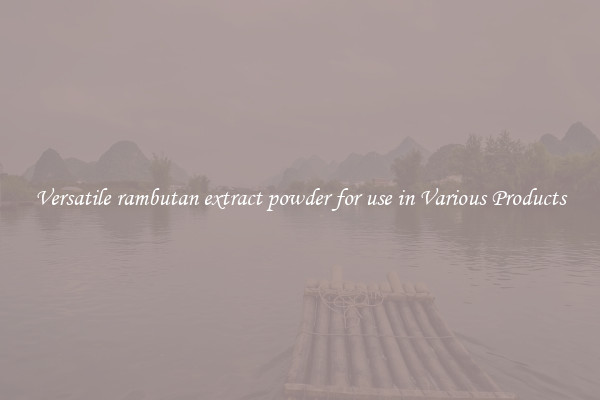
View details

View details

View details

View details

